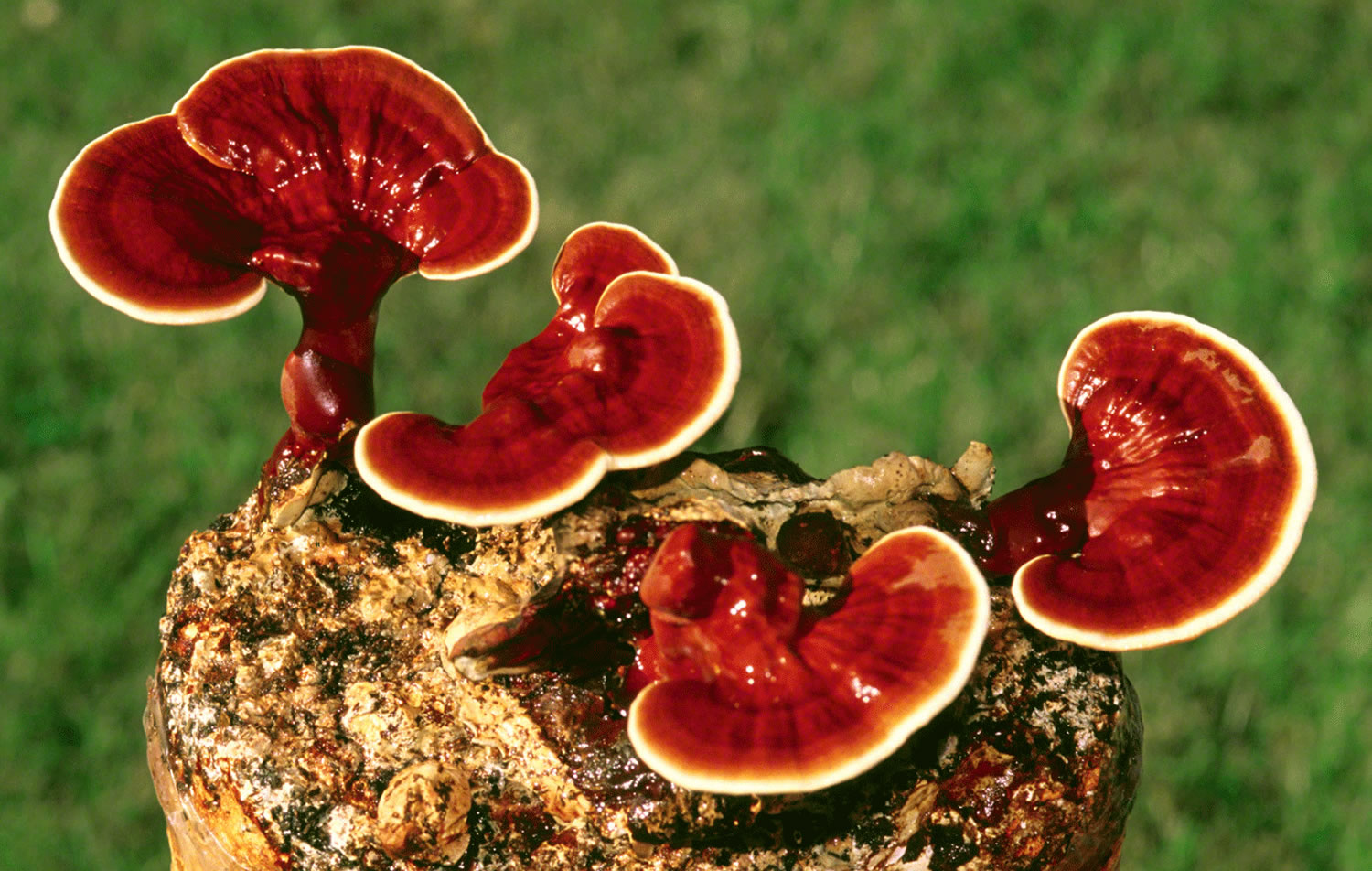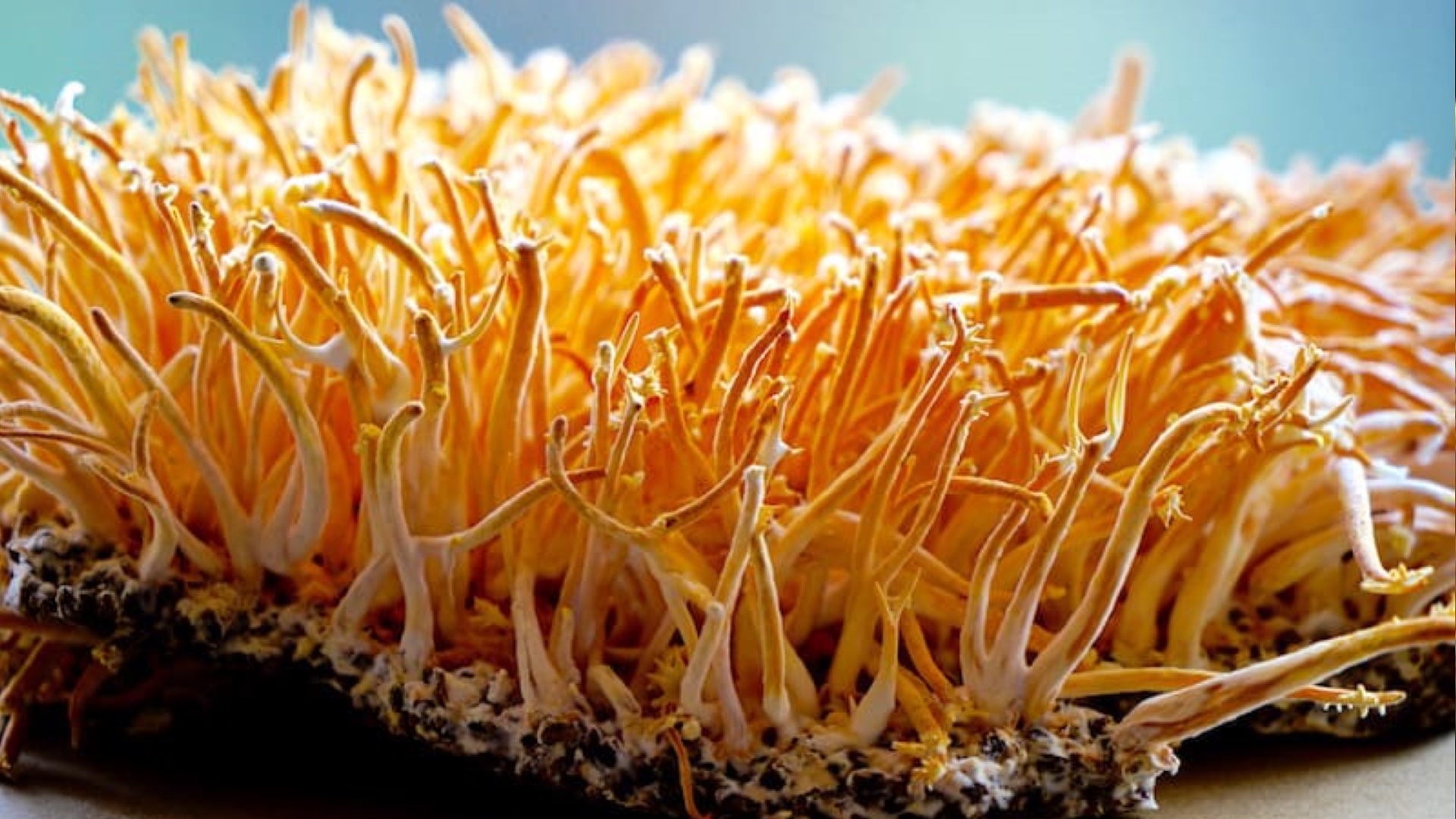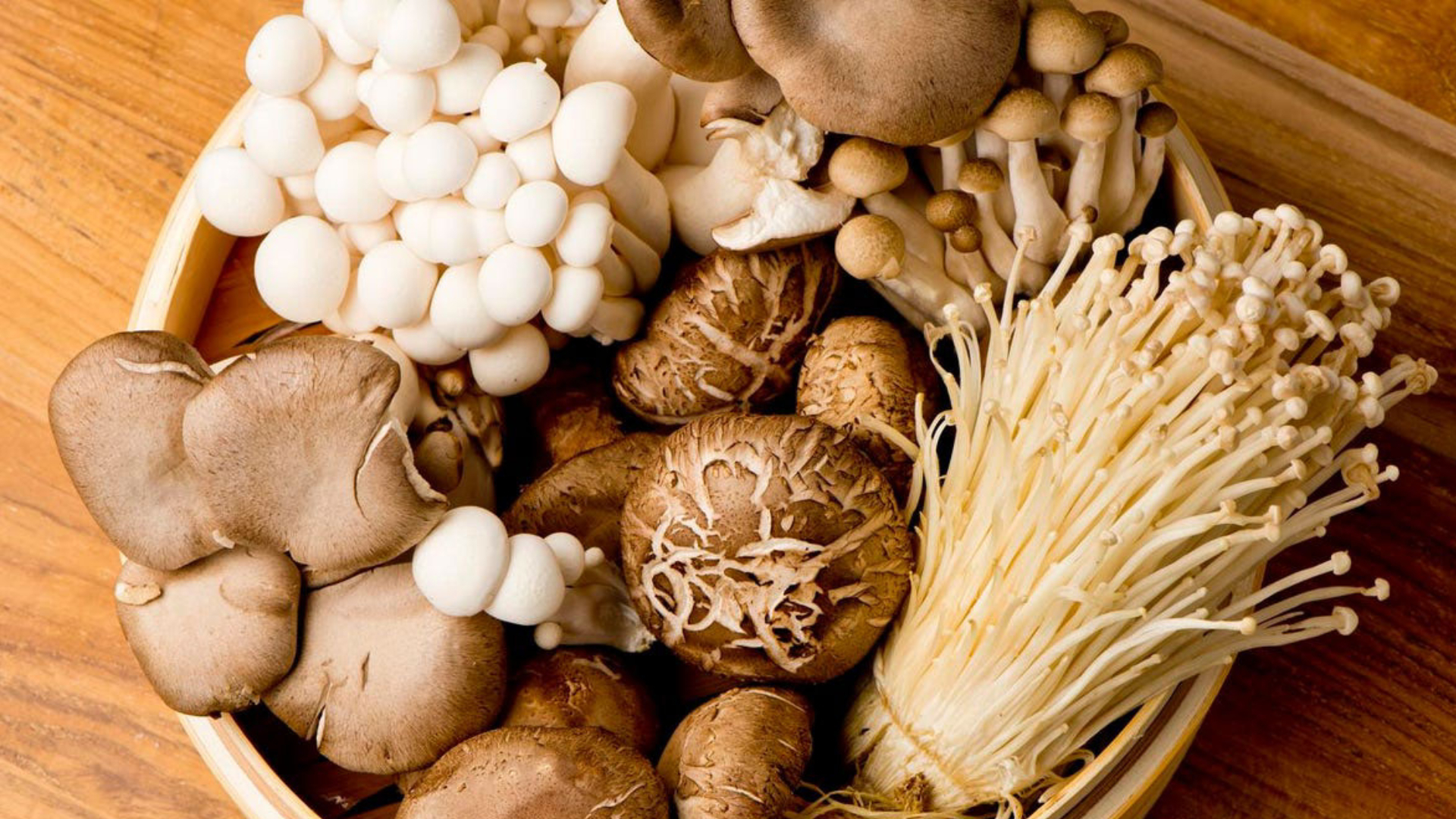Introduction
Mushrooms have been valued for centuries, not only as a culinary delight but also for their potential health-promoting properties. Among the various types of mushrooms, Reishi (Ganoderma lucidum) stands out as a revered species in traditional medicine, particularly in Asian cultures. Reishi, often referred to as the “mushroom of immortality” or the “spirit mushroom,” has gained popularity in the modern era for its potential health benefits. This comprehensive guide explores the diverse advantages of Reishi functional mushrooms, delving into their historical use, nutritional profile, and the scientific evidence supporting their role in promoting overall well-being.
Understanding Reishi Mushrooms
Reishi mushrooms, characterized by their distinctive kidney-shaped cap and woody texture, have a long history of use in traditional Chinese and Japanese medicine. The name “Reishi” is derived from the Japanese word “Reishi,” which means “divine” or “spiritual.” These mushrooms are often associated with longevity, vitality, and spiritual enhancement.
Nutritional Composition
Reishi mushrooms contain a rich array of bioactive compounds that contribute to their health-promoting properties. These include beta-glucans, polysaccharides, triterpenes, sterols, and various antioxidants. The combination of these compounds gives Reishi its adaptogenic and immunomodulatory qualities.
Adaptogenic Properties
Reishi is classified as an adaptogen, a category of substances that help the body adapt to stress and maintain balance. Adaptogens are known for their ability to modulate the body’s stress response, promoting resilience and overall well-being. Reishi’s adaptogenic properties make it a valuable component in holistic approaches to health and wellness.
Historical and Cultural Significance
Reishi mushrooms have a rich history rooted in traditional medicine, especially in East Asia. In ancient Chinese texts, Reishi is often mentioned as a herb that imparts longevity, supports the spirit, and enhances vitality. It was reserved for emperors and royalty due to its rarity and perceived health benefits.
Medicinal Uses in Traditional Medicine
Traditional uses of Reishi encompass a wide range of health applications. It has been historically employed to address conditions such as fatigue, insomnia, respiratory issues, and digestive complaints. Reishi was also valued for its potential to support the immune system, making it a staple in herbal formulations aimed at promoting overall health.
Benefits of Reishi Functional Mushrooms
Immune System Support
One of the most researched and celebrated benefits of Reishi mushrooms is their impact on the immune system. Compounds like beta-glucans found in Reishi have immunomodulatory effects, meaning they can enhance or regulate immune function. By promoting the activity of immune cells, Reishi may contribute to a robust and responsive immune system.
Anti-Inflammatory Properties
Chronic inflammation is implicated in various health conditions, including cardiovascular disease, arthritis, and neurodegenerative disorders. Reishi mushrooms exhibit anti-inflammatory properties, helping to modulate the inflammatory response and potentially reduce the risk of chronic inflammatory diseases.
Adaptogenic Stress Response
Reishi’s adaptogenic properties make it a valuable ally in managing stress. Adaptogens help the body adapt to various stressors, whether physical, mental, or environmental. By modulating stress response pathways, Reishi may contribute to improved resilience, reduced stress-related symptoms, and enhanced overall well-being.
Cardiovascular Health
Reishi mushrooms may have cardiovascular benefits, including the potential to lower blood pressure and improve cholesterol levels. Compounds like triterpenes found in Reishi have been studied for their positive effects on blood vessel health and overall cardiovascular function.
Antioxidant Defense
The presence of antioxidants, such as polyphenols and triterpenes, in Reishi mushrooms contributes to their ability to neutralize free radicals. Free radicals are unstable molecules that can damage cells and contribute to aging and various diseases. By providing antioxidant support, Reishi helps protect cells from oxidative stress.
Cognitive Health
Emerging research suggests that Reishi mushrooms may have neuroprotective effects, potentially benefiting cognitive health. Compounds in Reishi, including triterpenes and antioxidants, may contribute to the prevention of oxidative damage in the brain and support overall cognitive function.
Liver Health
Reishi has been traditionally used to support liver health. The liver plays a crucial role in detoxification and metabolic processes. Reishi’s hepatoprotective properties may contribute to maintaining liver function and preventing liver disorders.
Anti-Cancer Properties
While more research is needed, some studies suggest that Reishi mushrooms may have anti-cancer properties. The presence of bioactive compounds, including polysaccharides and triterpenes, has been studied for their potential to inhibit the growth of cancer cells and stimulate the immune system’s anti-cancer response.
Practical Considerations and Safety
Dosage and Formulation
Determining the appropriate dosage of Reishi functional mushrooms depends on various factors, including the individual’s health status and the specific health goals. Reishi supplements are available in various forms, including capsules, extracts, and powders. Consulting with a healthcare professional or a qualified herbalist can provide personalized guidance on dosage and formulation.
Quality and Source
The quality and source of Reishi supplements are crucial for their effectiveness. Reputable manufacturers ensure the extraction of bioactive compounds through standardized processes. Third-party testing for purity and potency provides assurance of the product’s quality.
Potential Side Effects
Reishi is generally considered safe for most people when consumed in appropriate amounts. However, some individuals may experience mild side effects, including digestive issues or allergic reactions. It’s advisable to start with a lower dose and monitor for any adverse reactions. Pregnant or breastfeeding individuals and those with pre-existing health conditions should consult with a healthcare professional before using Reishi supplements.
Drug Interactions
Reishi supplements may interact with certain medications, including blood-thinning medications and immunosuppressants. Individuals taking medications should consult with their healthcare provider before incorporating Reishi into their routine to avoid potential interactions.
Conclusion
Reishi functional mushrooms, with their rich history in traditional medicine and a growing body of scientific research, offer a wealth of potential health benefits. From immune system support and anti-inflammatory effects to adaptogenic stress response and cardiovascular benefits, Reishi mushrooms stand out as a multifaceted ally in promoting overall well-being.
As individuals increasingly turn to natural and holistic approaches to health, Reishi functional mushrooms emerge as a valuable component in the toolkit of wellness. Whether consumed as part of a balanced diet or in the form of carefully formulated supplements, Reishi mushrooms offer a bridge between ancient wisdom and modern scientific understanding, providing a holistic approach to health that encompasses the body, mind, and spirit.
- Comprehensive Review of the Best CBD Oils Top Picks and Insights By swdistro - September 20, 2024
- Complete Review of the Top CBD Gummies By Golden Goat CBD - August 23, 2024
- Pine Queen Dream Marijuana Strain A Comprehensive Guide - December 14, 2023




